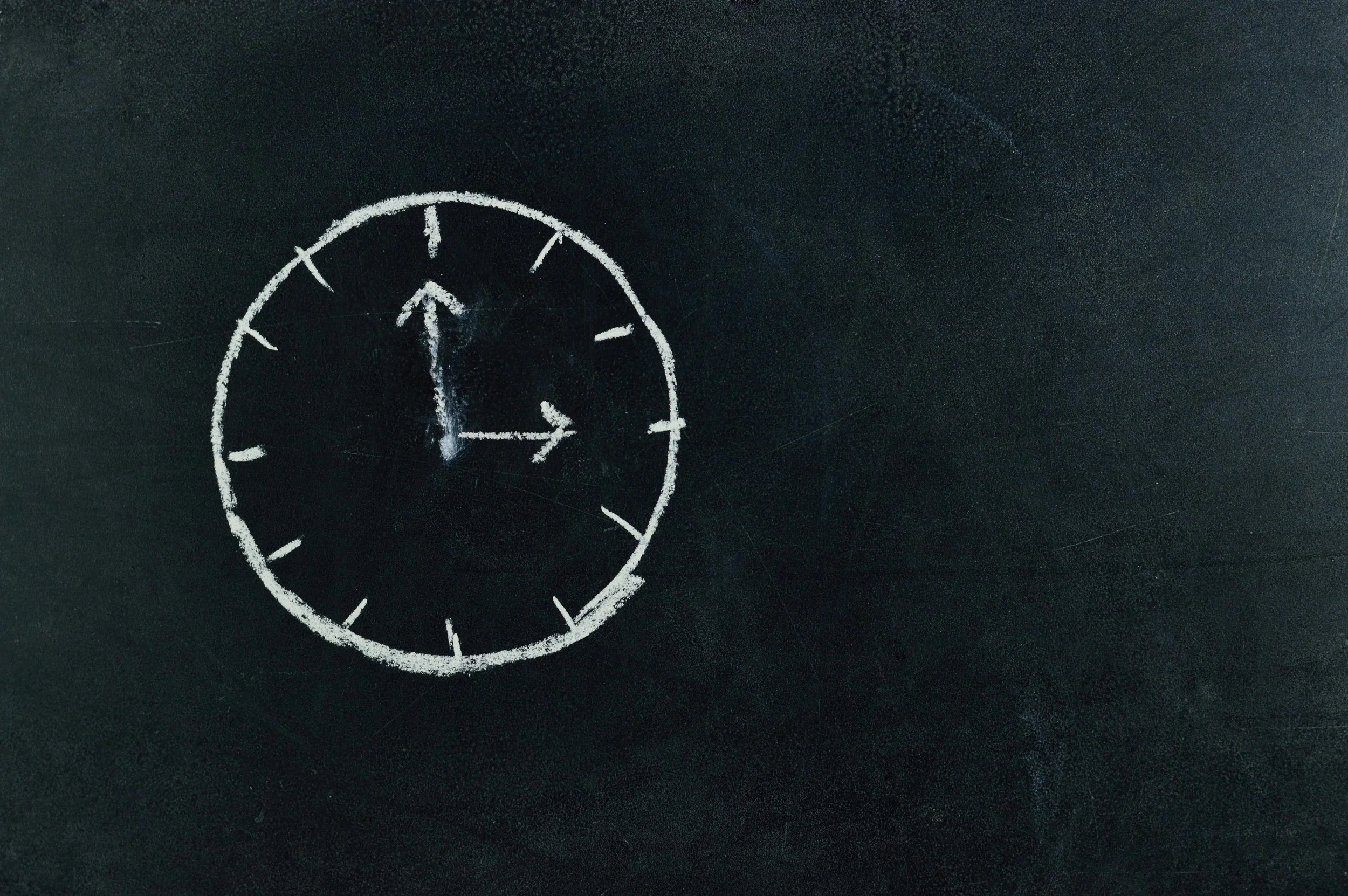
Love Beyond Valentine’s Day

Brushing It Under the Carpet? Why Emotional Awareness Matters

Seeing Behaviour Through a Different Lens

What Lies Beneath the Behaviour

Finding Stillness in the Noise: When Behaviour Speaks Louder Than Words

When Christmas Feels Big: Supporting Children Through Seasonal Change

It Takes a Village: Reclaiming the Courage to Ask for Help

Inside the Survival Brain: Helping Children Move From Chaos to Calm

Consequences, Connection, and the Trauma-Affected Child

Before Therapy Begins: Safety, Readiness, and the Foundations of Healing

The Power of Play: Making Sense of Our Stories

Attunement: The Art of Being With Another Without Losing Yourself

From Pigeons to Pepsi: Everyday Conversations That Build Therapeutic Relationships

Building Trust, One Moment at a Time: Honouring Adoption

Built for Connection: Finding Strength in Each Other

Expectations in the Therapy Room: The Quiet Barrier to Connection

The Timing of Therapy: Finding the Right Moment for Your Child

When the plates keep spinning
Discover simple ways to find balance as a busy parent caring for a child with complex needs. Tips for pausing, noticing, and embracing small joys.

Walking the Therapeutic Process: Why Change Takes Time

Back to School: Big Feelings, Big Transitions
September and back-to-school can be exciting—but also overwhelming, especially for children who’ve experienced trauma. Learn why transitions trigger big feelings and discover practical, trauma-informed ways to support children through change.
